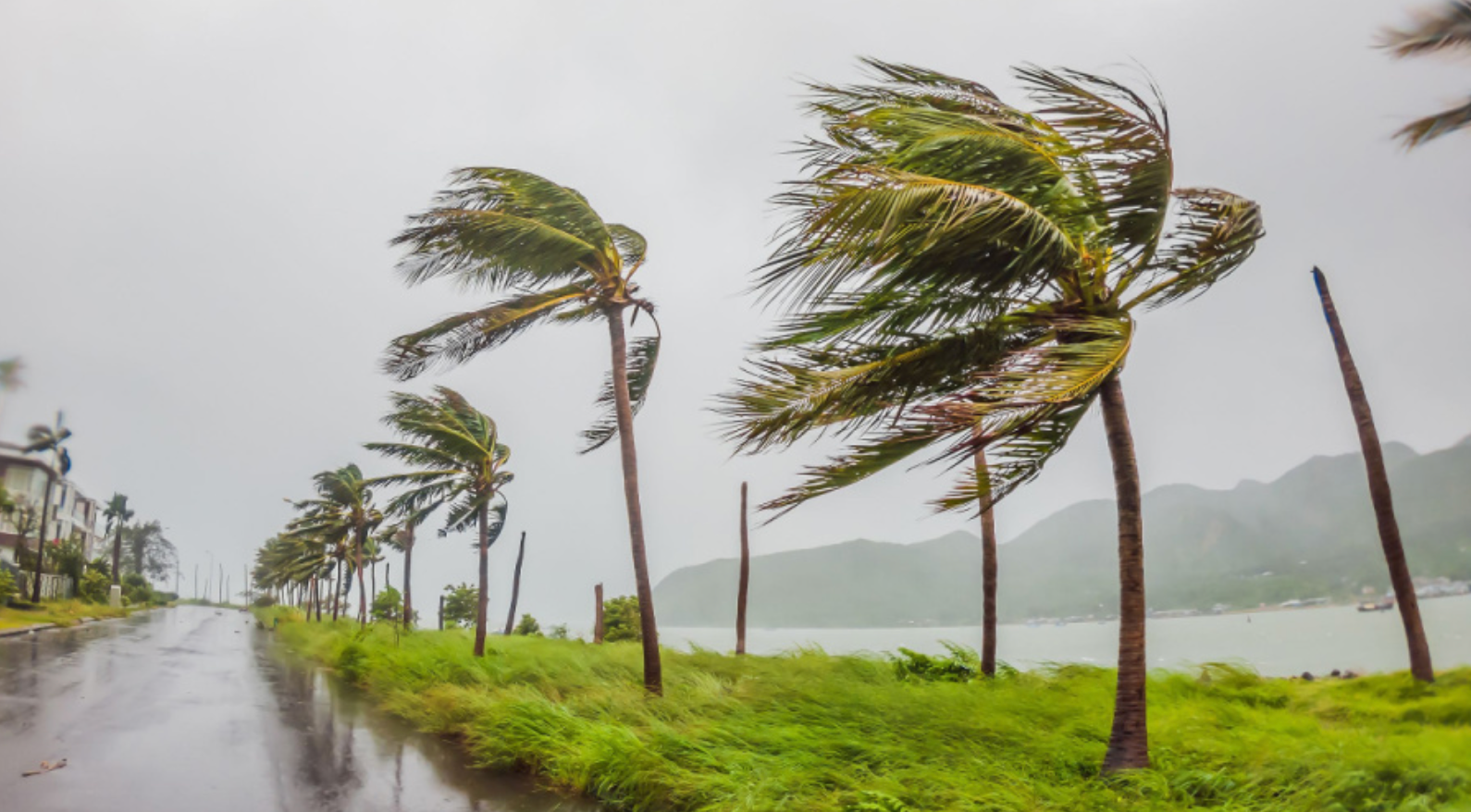
How to Prepare Your Texas Property for High Winds: FEMA-Approved Tips
Storms involving high winds can cause widespread damage to roof coverings, walls, windows, doors, and ventilation components. Storm destruction may involve water intrusion due to heavy and forced rain, creating extensive and costly damages to a building structure. When roof ventilation components are blown off or destroyed (vents and soffits), water intrusion can damage walls, windows, doors, and openings. In addition, attic insulation may be saturated and become moldy, endangering the health of residents who may be unaware of the extent of water and wind damage to Texas homes and property. Property owners should consult with an insurance claims attorney for guidance on FEMA requirements and how they can make their roofs and property secure from costly windstorm damage.
FEMA Guidelines to Avoid Windstorm Damage
What can property owners do to prepare for high winds? The Federal Emergency Management Agency (FEMA) outlines specific issues in newer residential buildings. It offers advice for rebuilding and mitigating damages for owners, operators, managers, designers, building officials, contractors, and municipalities. Insurance claim lawyers at McClenny Moseley, & Associates can explain the importance of this advice. Securing properties may result in less catastrophic wind damage, reduced strain on community water and electric systems after a storm, decreased replacement costs, shorter delays for appointment times with insurance adjusters, and decreased displacement of residents after a storm in Texas.
- Roof structure. Advice addresses the roof design with considerations to required wind loads and soffit installation, which should be evaluated against wind and wind-driven rain. Non-functional soffits can lead to water exposure in the interior of a building, and water infiltration can penetrate soffits and soffit vents. Placing filter fabric above a vent opening may reduce water infiltration but must be custom designed.
- Building openings. Windows, skylights, and doors with glass, including entry and garage doors, can be damaged by high wind and wind-borne flying debris. When a glazed opening (windows and doors with glass) is not impact-resistant, wind-borne debris can breach and create a large gap in the building, resulting in high internal wind pressures and significant water intrusion.
- Water infiltration. Flashing and sealing methods are often used to mitigate the effect of water intrusion during high winds and heavy rains accompanying hurricanes. Still, each way presents challenges and must comply with FEMA standards.

Filing Appropriate Claims for Wind Damage in Texas
When windstorm damage occurs, a home or business owner can utilize their insurance as follows:
Homeowners Insurance
Homeowner’s insurance covers individual or nonbusiness property. When individuals purchase insurance and their claims are denied, policyholders may need a homeowners insurance claim lawyer to fight for them. Recovery under homeowner’s policies is limited to losses due directly to the occurrence of an insured peril. Storm damage is always a precarious area of concern. Knowledgeable attorneys can advise property owners on the named insurance outlined perils and how to better safeguard their homes before a storm. This may set the groundwork for streamlined insurance claims processes after a storm requires payment for damages.
Windstorm Damage
Some providers will try to deny a wind damage claim, so it is in the policyholder’s best interest to get an independent loss adjuster to verify the type of damage to the roof and any possessions, including water damage. Independent loss adjusters are typically contacted for damaged amounts over $10,000. Policyholders have one year from the date of loss to file a claim with the Texas Windstorm Insurance Association (TWIA). If a policyholder thinks TWIA’s estimate of roof damage is too low, they should call TWIA at 1-800-788-8247 and provide the policy number and claim number. Then, seek the counsel of experienced Houston roof damage claim lawyers.

Seek Legal Help from McClenny Moseley, & Associates
The Texas insurance claims denial lawyers at McClenny Moseley, & Associates are a valuable resource for policyholders who need to:
- Review insurance policies
- Understand FEMA advice based on past windstorm damage assessments
- Act when insurance claims are denied
- Deal with a carrier who is undervaluing damage or not paying claims under general and windstorm policies
Contact our legal team to learn more about windstorm protection.
This blog published by MMA Law Firm is available for informational purposes only and is not intended to be legal advice on any subject matter. The content available on this website may not constitute the most up-to-date legal or other information.